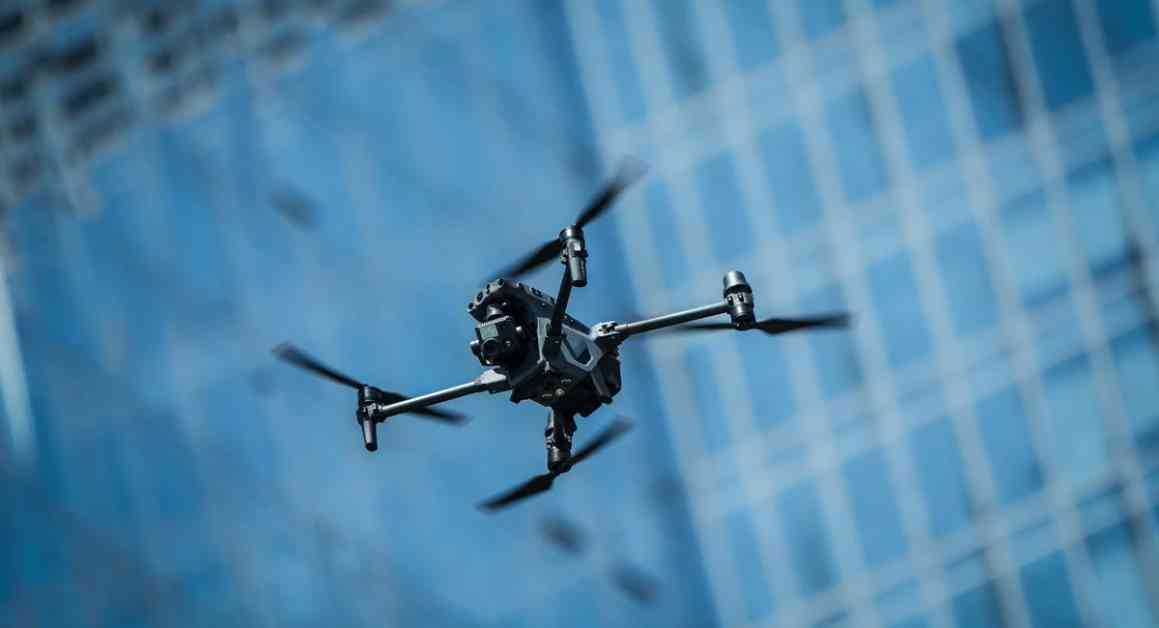Enforcing Trash Laws in NYC: Drones to the Rescue?
New York City’s sanitation department is contemplating a groundbreaking approach to tackle the city’s persistent trash problem – drones. Joshua Goodman, a spokesperson for the sanitation department, revealed that they are exploring the possibility of using drones to enhance enforcement of cleanliness regulations, such as cracking down on illegal dumping and preventing premature trash disposal.
Drone Deployment for Enhanced Compliance
The adoption of drones for sanitation enforcement would mark a significant shift in Mayor Eric Adams’ tech-forward governance. The NYPD has already integrated drones into various operations, from monitoring public gatherings to apprehending suspects, demonstrating the city’s growing reliance on aerial surveillance technology. Goodman emphasized that drones could play a crucial role in improving the quality of life in neighborhoods plagued by littering, illegal dumping, and abandoned vehicles with fake or missing license plates.
However, not everyone is on board with this innovative approach. Albert Fox Cahn, the executive director of the Surveillance Technology Oversight Project (STOP), criticized the idea as “garbage.” He expressed concerns about the invasion of privacy and the potential misuse of drones in monitoring individuals for minor infractions like improper trash disposal.
Challenges and Controversies
Cahn highlighted the previous administration’s aggressive use of surveillance technology, including hidden cameras, to combat illegal dumping, resulting in substantial fines being levied. The transition to drone-based enforcement under the current sanitation department’s leadership raises questions about the escalating reliance on surveillance measures to regulate public behavior.
The proposal to leverage drones for snowplowing and infrastructure inspections further expands the scope of drone applications beyond sanitation enforcement. Mayor Adams’ enthusiasm for cutting-edge technology, as exemplified by his hands-on approach to drone steering, underscores the city’s commitment to embracing innovative solutions for urban challenges.
Community Perspectives and Concerns
Despite the potential benefits of drone deployment, local business owners like Angel Lopez remain skeptical about the shift towards automated enforcement. Lopez, who operates a family deli in Fort Greene, emphasized the importance of human inspectors for maintaining cleanliness standards and ensuring fair enforcement practices.
As New York City grapples with the complexities of modernizing sanitation enforcement, the debate over the ethical implications of drone surveillance continues to unfold. The future of trash regulation in the city hangs in the balance as officials weigh the promises of technological advancement against the concerns of privacy advocates and community members like Lopez.












